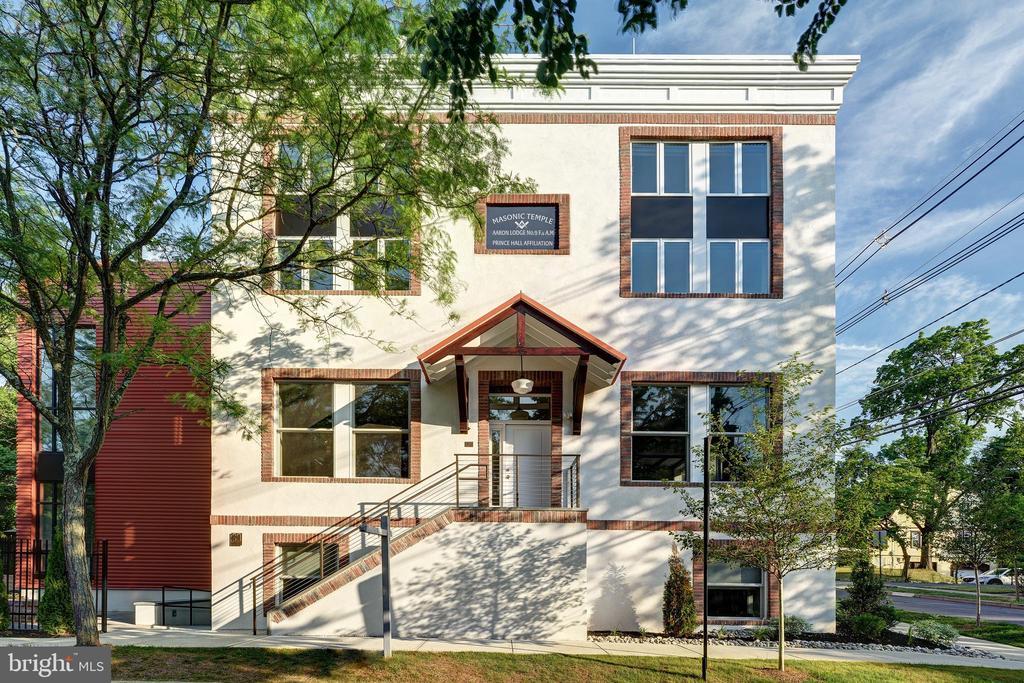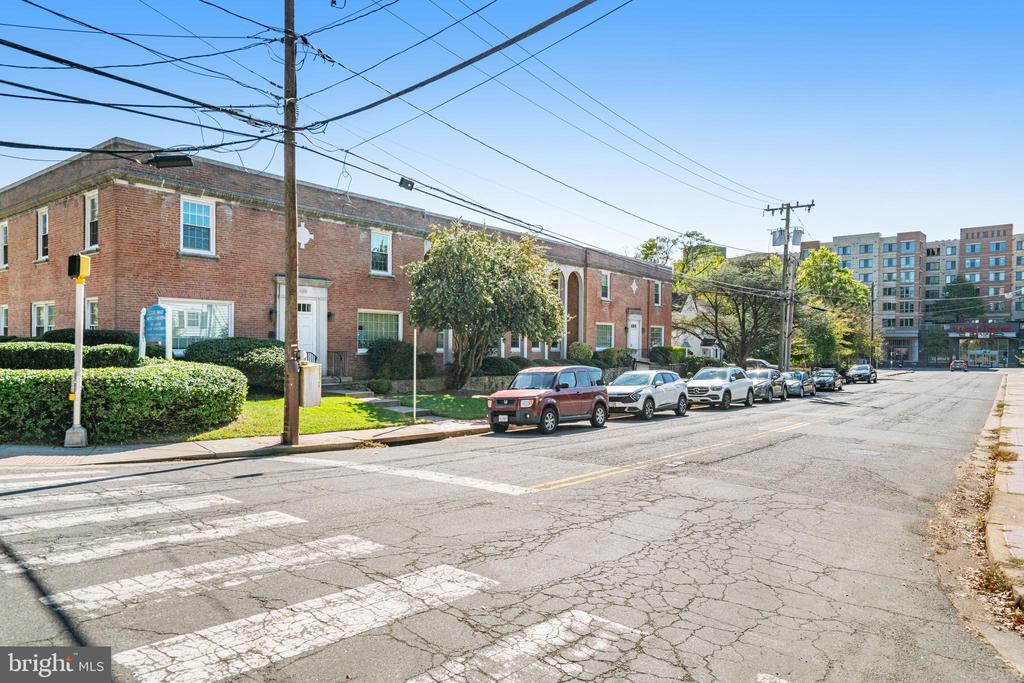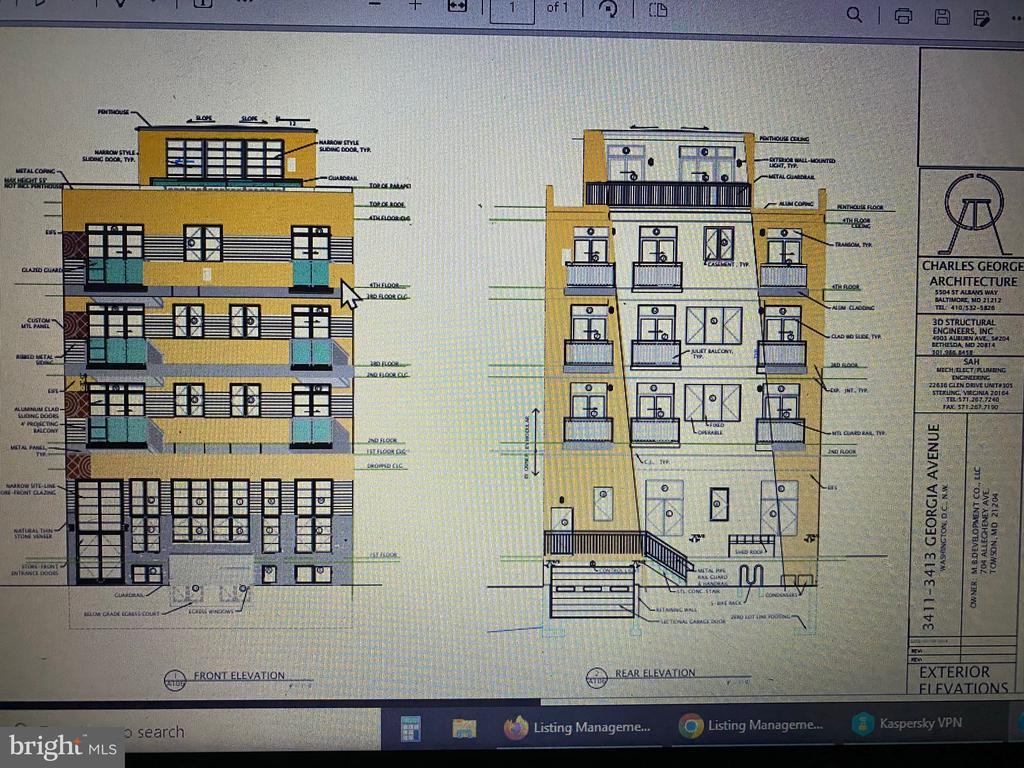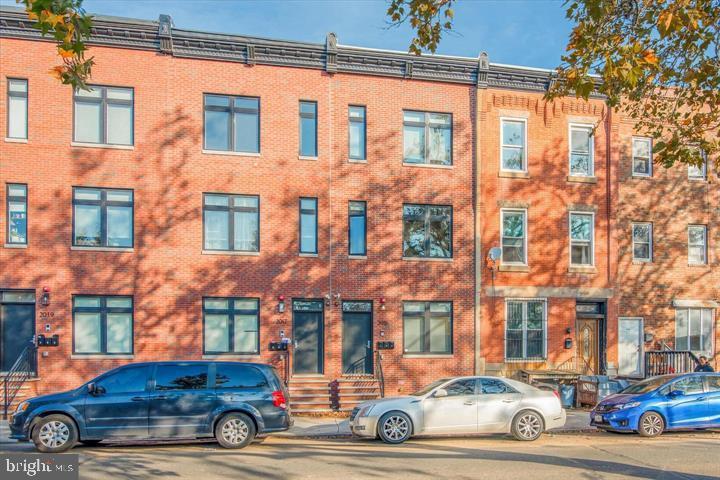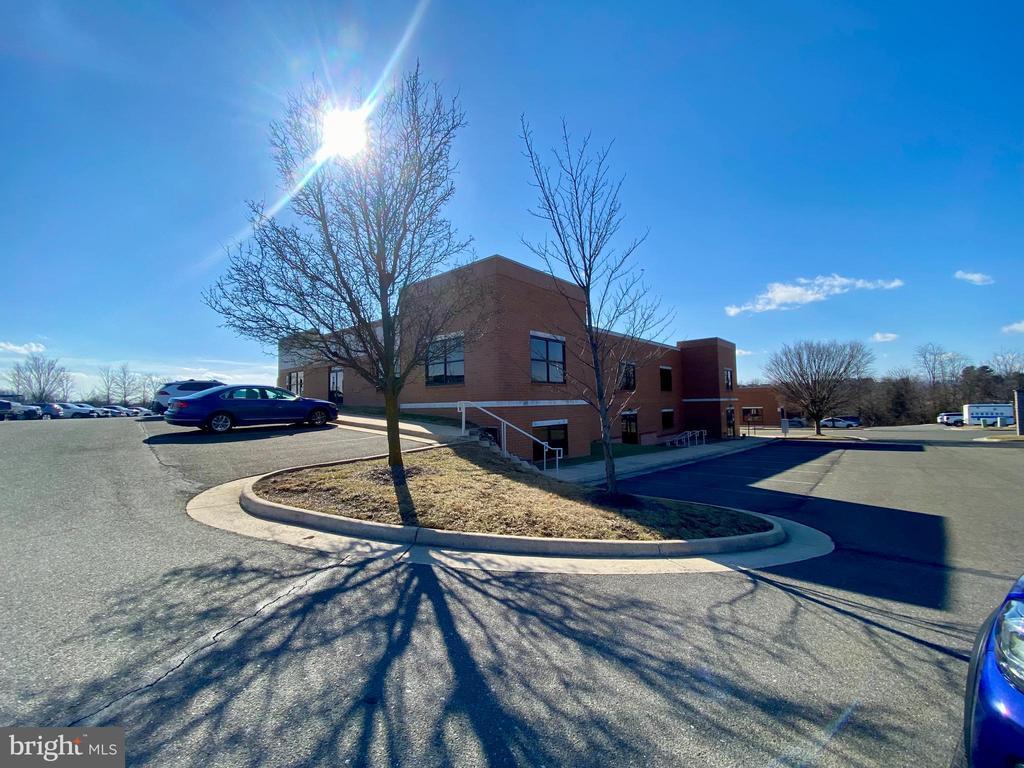1031 Exchanges
Tax Deferment by Internal Revenue Code Section 1031
A 1031 exchange, also known as a like-kind exchange, is a powerful strategy for commercial real estate investors looking to defer capital gains taxes while growing their portfolios. This provision, outlined in Section 1031 of the Internal Revenue Code, allows investors to sell a commercial property and reinvest the proceeds into another “like-kind” property without immediately paying capital gains taxes. This tax-deferral strategy enables investors to preserve more capital, leverage higher-value properties, and optimize their real estate investments over time.
How Does a 1031 Exchange Work?
A 1031 exchange follows strict IRS guidelines to qualify for tax deferral. The basic process includes the following steps:
- Sell a qualifying commercial property – The property must be used for business or investment purposes.
- Identify a replacement property – Investors have 45 days from the sale date to identify potential replacement properties.
- Use a Qualified Intermediary (QI) – The IRS requires the funds from the sale to be held by a QI to ensure compliance.
- Close on the new property – The replacement property must be purchased within 180 days of selling the original property.
- Follow IRS rules for like-kind properties – Both the relinquished and replacement properties must be similar in nature (e.g., commercial properties for commercial properties).
Key Benefits of a 1031 Exchange
-
Defers Capital Gains Taxes – By reinvesting proceeds, investors can avoid an immediate tax hit and reinvest the full amount.
-
Leverage Greater Investment Potential – Investors can scale up to larger or more lucrative properties.
-
Diversification – Allows investors to reposition assets into different locations or property types.
-
Estate Planning Advantages – Heirs may inherit a property at a stepped-up basis, minimizing capital gains liability.
-
Increased Cash Flow – Investors can shift to properties with stronger income-generating potential.
Types of 1031 Exchanges
There are different types of 1031 exchanges, each catering to various investment strategies:
-
Delayed Exchange – The most common type, allowing investors time to find and close on a replacement property.
-
Reverse Exchange – The new property is acquired before selling the current one, requiring additional structuring.
-
Simultaneous Exchange – Both transactions close on the same day, requiring precise coordination.
-
Construction or Improvement Exchange – Investors can use exchange funds to build or improve the replacement property while still deferring taxes.
Eligibility and Like-Kind Property Rules
The IRS defines like-kind properties as real estate used for business or investment purposes. Some examples of eligible properties include:
-
Office buildings
-
Retail centers
-
Multifamily apartment complexes
-
Industrial properties
-
Hotels and hospitality properties
-
Raw land intended for commercial use
Important Note: Personal residences, vacation homes (unless structured correctly), and properties held for resale do not qualify for 1031 exchanges.
Common Pitfalls to Avoid
While a 1031 exchange offers significant advantages, investors must avoid these common mistakes:
-
Missing the 45-day or 180-day deadlines – Strict adherence to IRS timelines is required.
-
Failing to use a Qualified Intermediary – Investors cannot take direct possession of sale proceeds.
-
Purchasing a property of lesser value – To maximize tax deferral, the replacement property must be of equal or greater value.
-
Not considering depreciation recapture – While capital gains taxes are deferred, depreciation recapture taxes may still apply.
Is a 1031 Exchange Right for You?
A 1031 exchange is an excellent tool for commercial real estate investors seeking long-term tax advantages and portfolio growth. However, proper planning and compliance with IRS regulations are critical. Consulting with experienced real estate professionals, tax advisors, and qualified intermediaries can ensure a smooth and successful exchange.
1031 Exchange Listings

Not seeing what you’re looking for? Let us help you find it off-market or through exclusive listings.
Our website features top listings, but many more properties are available through other sources like Costar, Crexi, pocket listings, and auctions.
Let us help you find the right fit—just complete the form and tell us what you're looking for!


